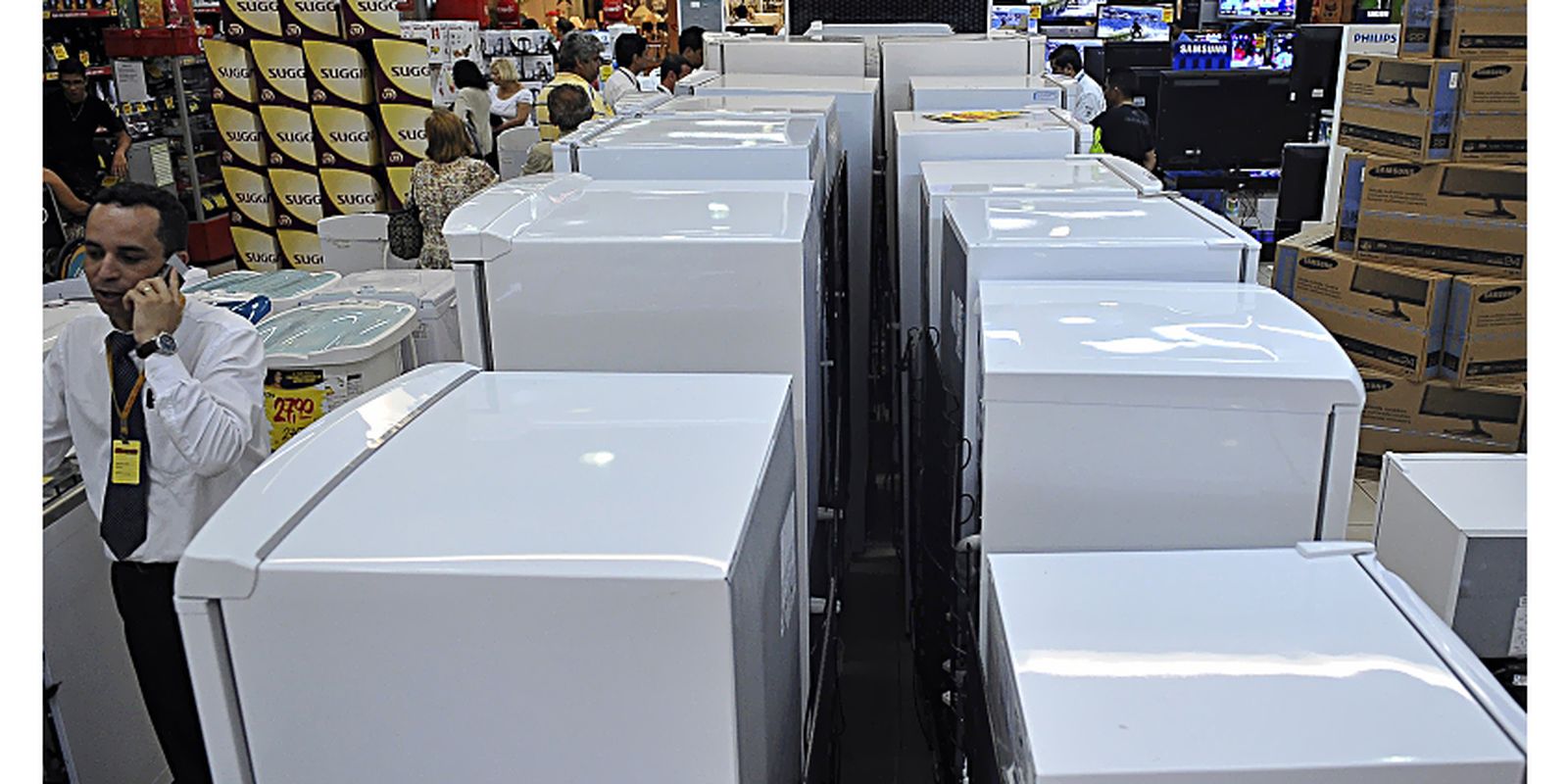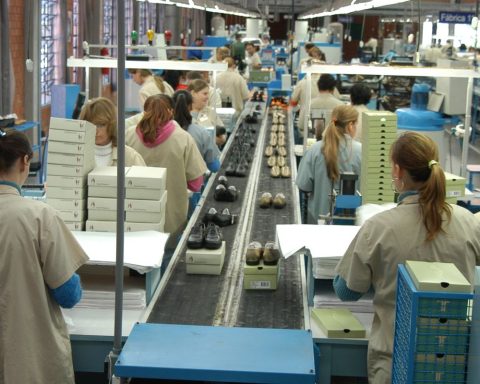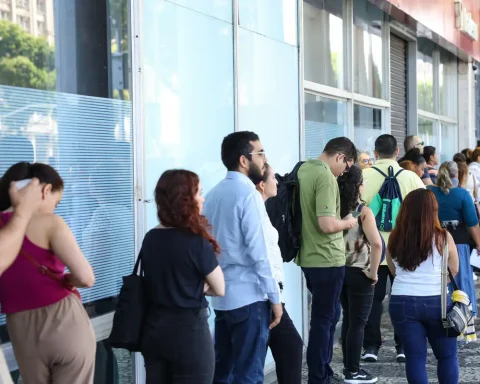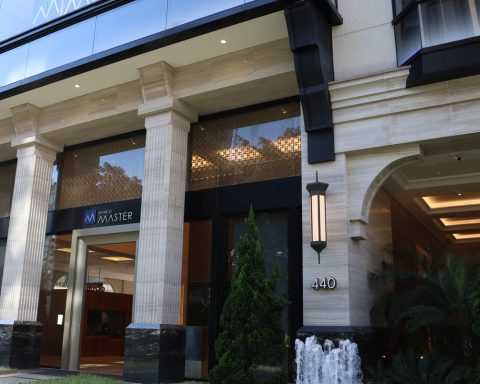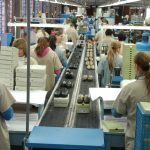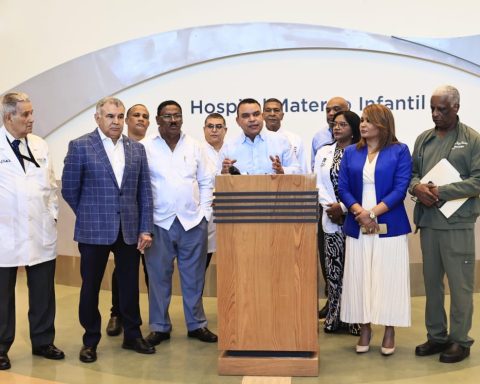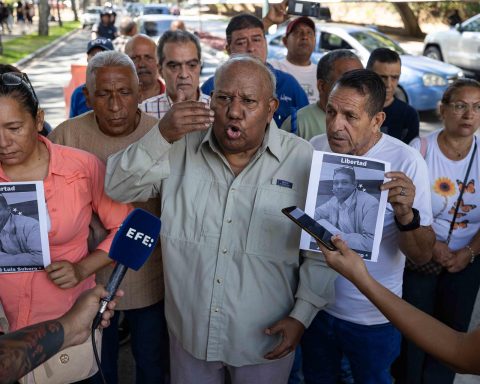Furniture and household appliances from the so-called white goods sector may be exempt from the Tax on Industrialized Products (IPI) for residents of areas affected by natural disasters or extreme weather events, such as the floods that hit Rio Grande do Sul.
The exemption is provided for in Bill (PL) 4731/2023, approved by the Senate this Wednesday (17). The project goes to the president for sanction, but there is an agreement for the government to veto part of the text and restrict the tax exemption to Rio Grande do Sul only.
Authored by representatives Maria do Rosário (PT-RS) and Gleisi Hoffmann (PT-PR), the project had already been approved by the Chamber. The text was presented in 2023, before the floods in Rio Grande do Sul, but the main reason for its approval was to help those affected by the disaster.
In the Senate, the project was approved with a favorable report from Senator Paulo Paim (PT-RS), who proposed a drafting amendment and rejected changes to the merits, so that the text would not have to return to the Chamber.
The following will be eligible for the IPI reduction: kitchen stoves, refrigerators, washing machines, mini-sinks, chairs, sofas, tables and cabinets, as long as they are manufactured in Brazil. According to the report, the tax rate for mini-sinks, for example, is 13%; and for household refrigerators, 9.75%.
The zero rate applies to individuals and individual microentrepreneurs (MEIs) residing or with tax domicile in municipalities whose public calamity or emergency situation has been recognized by the federal Executive. To obtain the benefit, the interested party must prove that they resided or had tax domicile in the location of the disaster and that the building was directly affected.
The text limits the use of the exemption to a single time by one member of each of the affected families and for one product, according to Federal Revenue regulations.
